In our current culture, a large number of guardianships are held by relatives of the child such as an uncle or grandmother. Movies and television shows that depict guardianships show the guardian as a relative 9.9 times out of 10. So it might be surprising to learn that guardians don’t need to be related to the child they are protecting at all.
When it comes to kids, there are two key types of guardianships that we’ll be looking at below. We’ll also be looking at the responsibilities that a legal guardian has such as providing for the child they are guardian over. Finally, we’ll look at how parental rights and guardian rights manage to co-exist at the same time.
What are the Two Types of Guardianships that Let You Care for a Child?
You can petition the courts for guardianship of children using one of two types of guardianship. They are Title 14 Guardianship and Title 8 Guardianship. These two are the most common for the situation we are discussing: becoming guardian of a child that you are not related to.
- Title 14 Guardianship: Known as a probate guardianship, this is the easiest type of guardianship to get. This is because it acts most often as a short term guardianship, such as when a child’s military parents are deployed overseas or are temporarily unable to discharge their parental duties. It is also commonly used to appoint guardians through a person’s will.
- Title 8 Guardianship: Harder to obtain, a Title 8 Guardianship is a permanent guardianship. This means that the guardian will have long-term responsibilities for the wellbeing of the child, likely until they turn 18. This type of guardianship is often used to remove a child from a dangerous situation through Child Protective Services (Department of Child Safety),such as when their parents are addicted to drugs.
Since they are both different forms of guardianship, they each have their own requirements necessary to have it granted.
- To get Title 14 Guardianship granted: The easier of the two to obtain, yet it does require that you have both of the legal parents’ consent, so long as it has not been terminated already. Good for short term guardianship, it is granted through the probate statutes. A legal parent may end the guardianship whenever they like, with very little protections for the guardian to prevent this ending.
- To get Title 8 Guardianship granted: You don’t need both parents’ consent for this one, as you can apply for this guardianship even against the parents’ wishes if you believe it to be in the child’s best interest. This guardianship is granted through the juvenile court and they are permanent. You must go through a hearing to obtain this in association with a Dependency Proceeding. Once the guardianship is granted it is a lot harder to terminate.
What Responsibilities Does a Legal Guardian Have?
The responsibilities that you’ll have as a legal guardian will depend on whether you have guardianship over person, estate, or both. So far, we’ve primarily talked about the idea of guardianship over the child, rather than the child’s estate; however, we’ll look at the responsibilities that you owe to either person or estate to get a fuller understanding of what a legal guardian has to do.
Guardianship over person:
- It is your responsibility to provide proper care, maintenance, education, and support
- It is your duty to provide food, clothing, and shelter
- It is your responsibility to authorize medical, dental, psychiatric, psychological, and surgical care (However, some treatments may require additional court approval)
- You must make sure that the child receives training and education so that they have a chance at making a living once they are older
- You have to file an Annual Report of the Guardian each year in order to let the court know how the child is doing under your guardianship
Guardianship over estate:
- It is your responsibility to protect, manage, preserve, and dispose of the estate according to both law and the best interests of the child
- Use the estate to ensure proper care, maintenance, education, and support
- You must file an Annual Accounting that details the estate’s income, assets, and expenses, and you attend a hearing for the judge to review and approve your accounting
Do Guardian Rights Supercede Parental Rights??
In Arizona, we recognize the fundamental right of biological parents to raise and care for their own child. There are laws in place which preserve parents’ rights to be a part of their child’s upbringing, healthcare, education, and the like.
When a guardian has physical custody of a child, the parents will still maintain their parental rights over that child. But if the courts find that those parents are going to be detrimental to the wellbeing of their child then the courts can appoint a guardian to make decisions for the child.
Of course, where guardianship over a child is given by the parents (such as in a Title 14 Guardianship) then those parents have the ability to revoke the guardianship whenever they wish. But the same is not true in a case where the court granted guardianship (Title 8).
I Think I Need Further Help With Guardianship Proceedings?
If you are unsure about anything we’ve discussed above, or about which type of guardianship is the best for your specific situation, then please reach out to Arizona Family Law Attorneys. We’re always happy to help, especially when it comes to making the best decision for the welfare of a child.
Title 14 Guardianship Arizona Lawyers and Title 8 Attorneys
Our experienced staff will be able to answer any questions you may have and work with you to find the best solution for your problems. Moving forward, they’ll be available to answer further questions that arise throughout the process, help you with the paperwork, and guide you through what to expect from the court system. Don’t go at it alone, let Arizona Family Law Attorneys be your guide through the guardianship proceedings.







